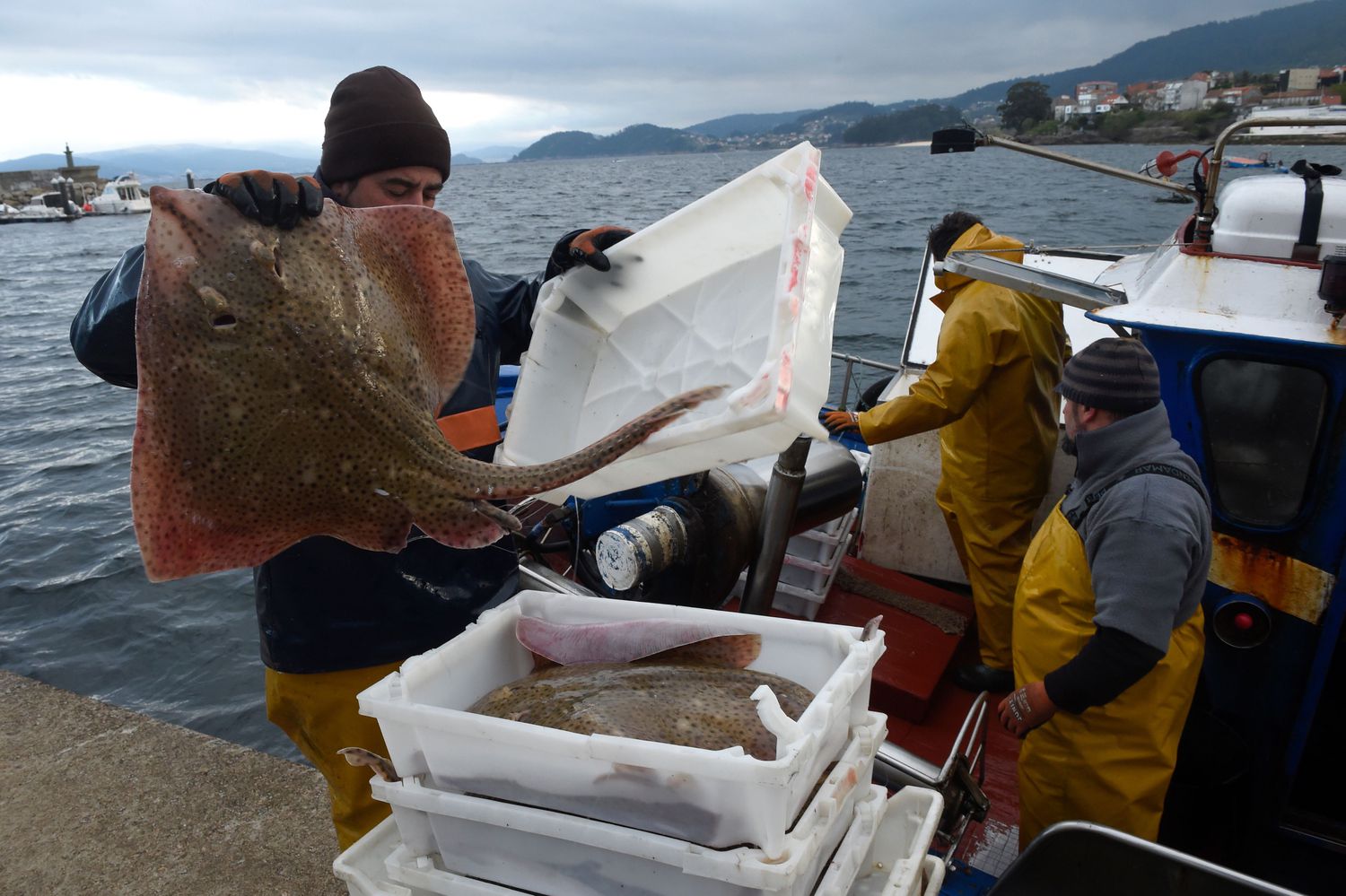It could be said that it has been one of the many planetary failures of 2020. For two decades, the members of the World Trade Organization (WTO) have been negotiating the elimination of subsidies that promote overfishing and illegal fishing without having managed to To close a deal.
The deadline was met on December 31 and the 164 countries sitting at the table have given each other an extension in 2021 that, to the despair of the Colombian ambassador Santiago Willis,Chairman of the negotiating group, it will not be free.
“The new rules for fisheries subsidies are a kind of debt to the world community that we were supposed to pay before the end of the year. The fact that we are not paying it on time does not mean that it has disappeared.
On the contrary, the debt increases with each passing day and the urgency is increasing. As we speak, fish populations continue to decline ”, he lamented after the pact was shelved.
According to the 2020 FAO report on the state of world fisheries, the fraction of fish stocks that are within biologically sustainable levels has fallen from 90% in 1974 to 65.8% in 2017. In contrast, it has been increased percentage of exploited stocksat biologically unsustainable levels, which is now a worrying 34.2% of the total.
That same work indicates that of the 10 most caught species on the planet (anchovy, Alaskan pollock, Atlantic herring, Atlantic cod, Pacific starling, Chilean horse mackerel, Japanese sardine, skipjack, South American sardine and capelin), a third are overexploited.
At the same time, fishing countries spend $ 19 billion annually on expanding and modernizing fleets without taking into account the levels of maximum sustainable yield from fisheries (the maximum amount that can be fished without weakening fish stocks).
From Geneva and by videoconference, Willis regrets that “the perfect storm” has occurred, for failure: the pandemic has limited contacts, the WTO is going through delicate moments (still without a director after the resignation in summer of Roberto Azevedo, and thanks to the Trump’s blockade of consensus candidate Ngozi Okonjo-Iweala), and there is a lot of pressure from countries to keep fisheries subsidies that end up in the wrong hands.
“You have to keep pushing hard because on some issues the positions are still far away,” he believes.
The discussions have been very difficult. The analysis by David Voces, CEO of Europêche, the European association that groups together fishing companies, begins with the content: “What is illegal fishing?
There is no definition as such, but we have criteria from the FAO and in the EU we have the toughest and most effective law on the matter, with capacity limits that are measured in the space of the ship and the power of the engine.
However, we see that there are other countries that do not have standards, nor capacity limits, not even an adequate fleet registry ”. As an example, he points to a recent study that says China’s long-haul fleet, the world’s most powerful, is five to eight times larger than previously documented.
“What kind of actions contribute to overcapacity?” Voces continues: “We are talking about construction, renovation, modernization of the fleet … there are several lines that can be taken into account. In the EU, the new European Fisheries Fund has just been approved and it is guaranteed at all times that there is no increase in capacity.
And even if there is an increase in space on the ship, it must have been previously compensated with the suppression of the same unit of space on the other hand. This does not happen neither in China nor in Russia, which is giving 30% subsidies to new construction of ships of more than 100 meters in length, with very large capacity ”, he denounces.
China, which defines itself as a developing country in this matter, is fighting in the WTO for exceptions to its fleet to be recognized, as is the case with India. Something that forces you to juggle.
“Differential treatment has to generate a very important balance between least developed countries and the rest, but without violating the principle of the agreement, which is to eliminate unsustainable subsidies”, Willis frames. Javier Garat, secretary of the Spanish employers’ association Cepesca, analyzes it in the same way
“There is 30% of stocksoverexploited and without any doubt it is necessary to put measures. This usually happens in fisheries in developing countries and clearly we must try to help those countries to take the appropriate measures ”.
But doing so cannot jeopardize the ultimate goal of the WTO: to prevent countries from depleting the oceans causing irreparable damage, as is happening now.
Ignacio Fresco, a marine policy consultant and sustainability expert, believes that the countries that grant the most subsidies are those that have to make the most efforts, such as India, China, Korea and also the European Union.
And he contradicts the employers by pointing out that the new European Maritime Fund “indirectly reintroduces subsidies to construction. The initial position of the EU in this negotiation defended by Cecilia Malmström was very ambitious, but the reintroduction of subsidies weakened its position because it lost credibility.
The EU has requested that subsidies can continue to be given if there are fisheries management plans. But the objective of the agreement is not to promote fisheries management, but to eliminate a tool that encourages overfishing ”, he criticizes.



 Bitcoin
Bitcoin  Ethereum
Ethereum  XRP
XRP  Tether
Tether  Solana
Solana  USDC
USDC  TRON
TRON  Lido Staked Ether
Lido Staked Ether  Cardano
Cardano  Avalanche
Avalanche  Toncoin
Toncoin